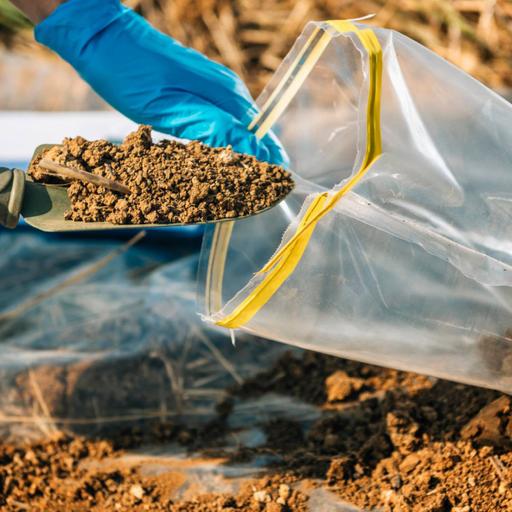Soil Pollution
Presentations | English
Soil contamination or soil pollution as a part of land degradation is caused by the presence of xenobiotic (human-made) chemicals or other alteration in the natural soil environment. It is typically caused by industrial activity, agricultural chemicals or improper disposal of waste. The most common chemicals involved are petroleum hydrocarbons, polynuclear aromatic hydrocarbons, solvents, pesticides, lead, and other heavy metals. Contamination is correlated with the degree of industrialization and intensity of chemical substance. The concern over soil contamination stems primarily from health risks, from direct contact with the contaminated soil, vapour from the contaminants, or from secondary contamination of water supplies within and underlying the soil. Mapping of contaminated soil sites and the resulting cleanups are time-consuming and expensive tasks, requiring extensive amounts of geology, hydrology, chemistry, computer modeling skills, and GIS in Environmental Contamination, as well as an appreciation of the history of industrial chemistry.

7.25
Lumens
PPTX (29 Slides)
Soil Pollution
Presentations | English
